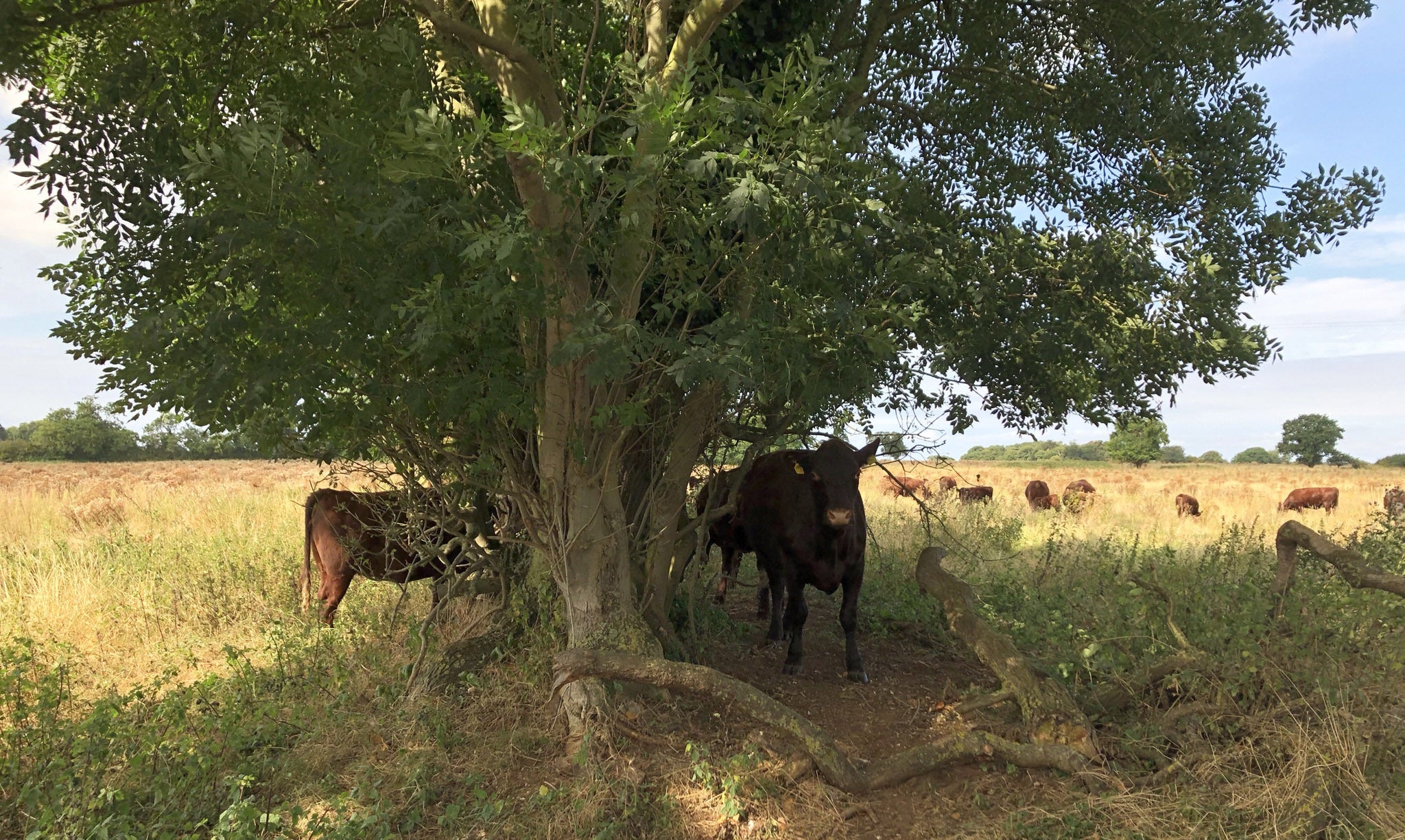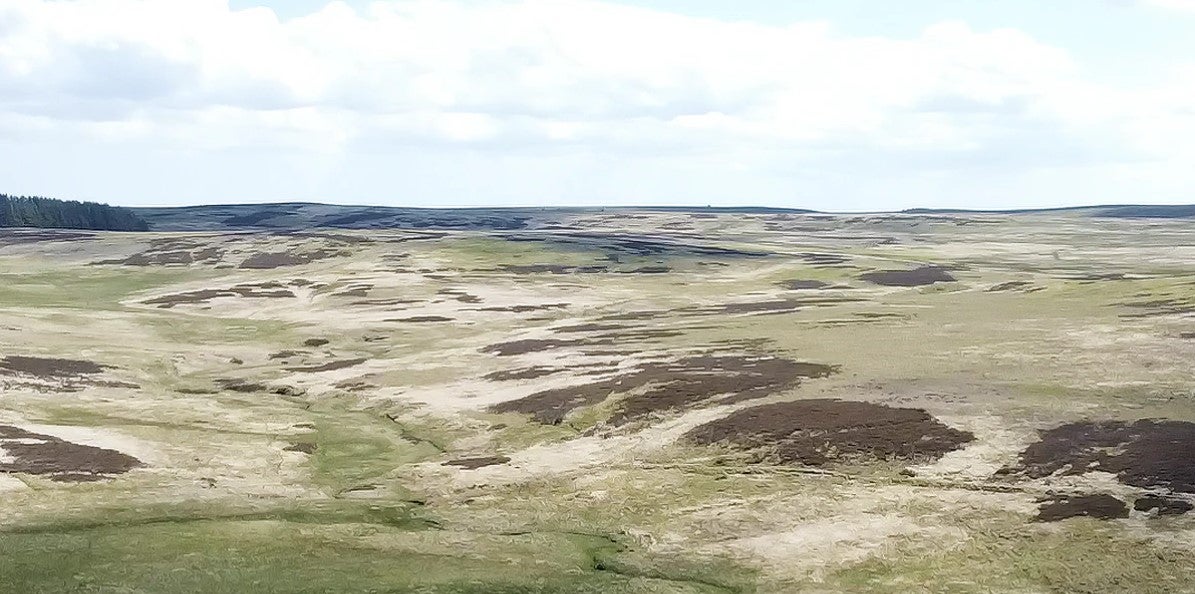‘We’ve got to act fast and big’: Rewilding expert cautiously welcomes UK landscape recovery pledge
The government’s proposals will focus on England’s threatened native species, and restoring rivers and streams

A prominent conservation expert says government plans to restore up to 300,000 hectares of natural habitat by 2030 are a huge win for the climate.
However, Professor Alastair Driver, director of Rewilding Britain, says the two schemes, which promote more space being used for nature, and changes to how land is used across England, must be handed investments and resources if they are to succeed.
Prof Driver, a former head of conservation at the Environment Agency, said: “With Britain one of the most nature-depleted countries in the world and some 70% of its land given over to farming, the Landscape Recovery proposals signal by far the most significant step-change for land use policy in England I have seen in over four decades working as professional nature conservationist.
“The devil is in the detail. The proposals are great but we need to make sure we’re seeing this through with genuine holistic rewilding.
“It is absolutely essential we take this general policy statement and back it up.
“We’ve got to act fast and big. It must ultimately be followed by significant funding, clear criteria, and standards.”
Prof Driver also says changing public attitudes are key to the issue.
“There was fear about the word ‘rewilding’,” he said. “People associated it with wolves and bears and land abandonment.
“But through projects like ours, people can now see the benefits.”
Jan Stannard, a founder and trustee of the UK rewilding charity Heal, echoes Prof Driver’s sentiments.
“Let’s remember that England is being outperformed by 233 other countries and territories in terms of the state of nature.
“In that context, these land payment reforms are a welcome, structural step but we have to accept that government money for rewilding at this level is a contribution and not a solution.
“It’s positive for nature and the climate, but nowhere near ambitious enough. We’re also delighted to see, at last, an explicit recognition of rewilding in the government’s plans. This comes after years of work by the rewilding community, particularly Rewilding Britain.”
The Local Nature Recovery Scheme will pay farmers to make space for nature – for example, by creating wildlife habitat and planting trees – both in farmed landscape and the wider countryside.
Meanwhile, the Landscape Recovery scheme will pay landowners and managers who want to change how land is used or restore habitats and ecosystems. This could cover the creation of new nature reserves, woodland and wetlands, as well as the restoration of floodplains.
The government said the schemes aim to halt a decline in species and reduce greenhouse gas emissions, as the UK aims to achieve net-zero by 2050.

Rewilding in action: Benshaw Moor
In 2019, Northumberland Wildlife Trust purchased Benshaw Moor, a remote and wild upland site in the Rede Valley, after a successful public appeal.
Before the sale, the site was grazed by sheep and was subject to occasional burning and driven grouse shooting.
Sheep grazing was removed from the site and all burning ceased to allow vegetation to naturally regenerate.
The project team plan to introduce low numbers of native ponies and cattle to extensively graze the site to encourage a mosaic of habitat type and structure.
In addition to grazers, some areas of Sitka spruce have been removed from the site to encourage native regeneration.
Habitat restoration to the peatland will also be undertaken to include grip blocking – this will restore wetter areas to the peat and repair the current damage.
A small area of the project will continue to be managed for ground-nesting birds, including curlew.
Join our commenting forum
Join thought-provoking conversations, follow other Independent readers and see their replies
Comments